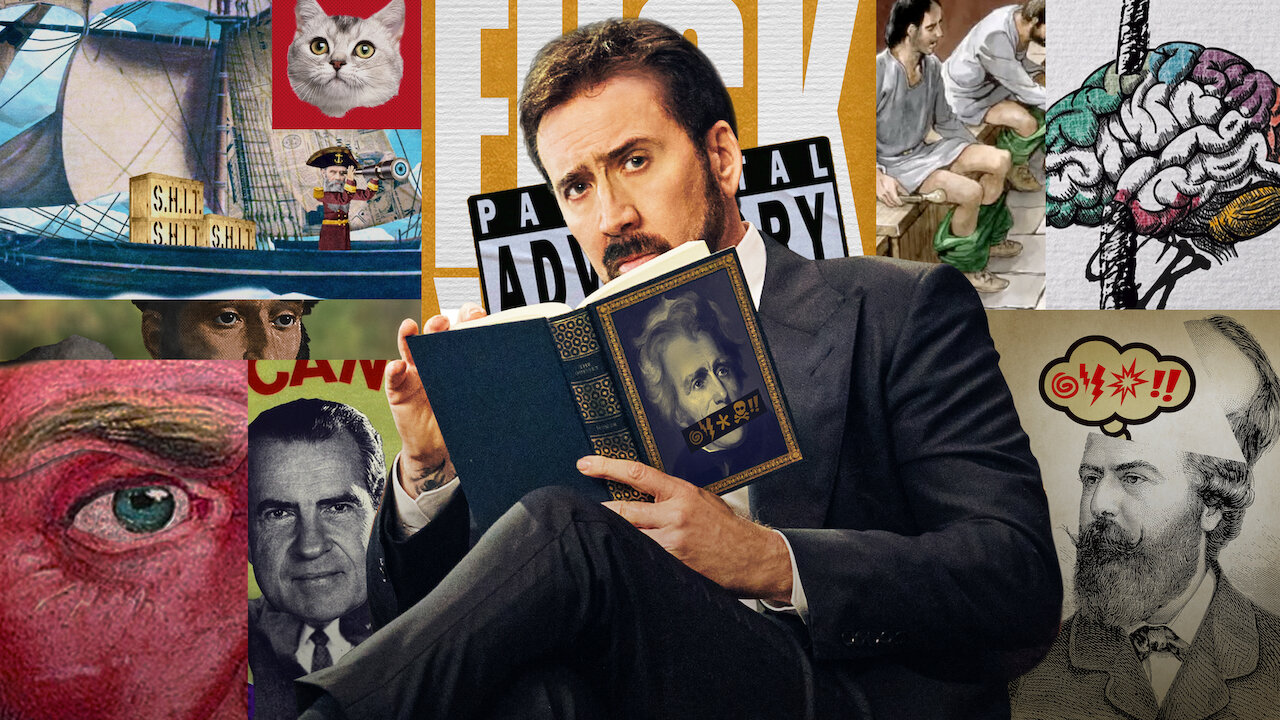Netflix’s “History of Swear Words” feels like the type of documentary a bunch of college kids would make. A tongue-in-cheek analysis of some of the English language’s most vulgar and offensive words deconstructed. While Netflix has tried to pass the show off as edgy or avant garde, swearing isn’t such a big deal anymore.
With the rise of cable television and premium streaming services, it’s not uncommon to hear the F-bomb dropped at least three times in a show. Social media has essentially rendered language-policing relatively ineffective, which isn’t exactly helping the show’s case.
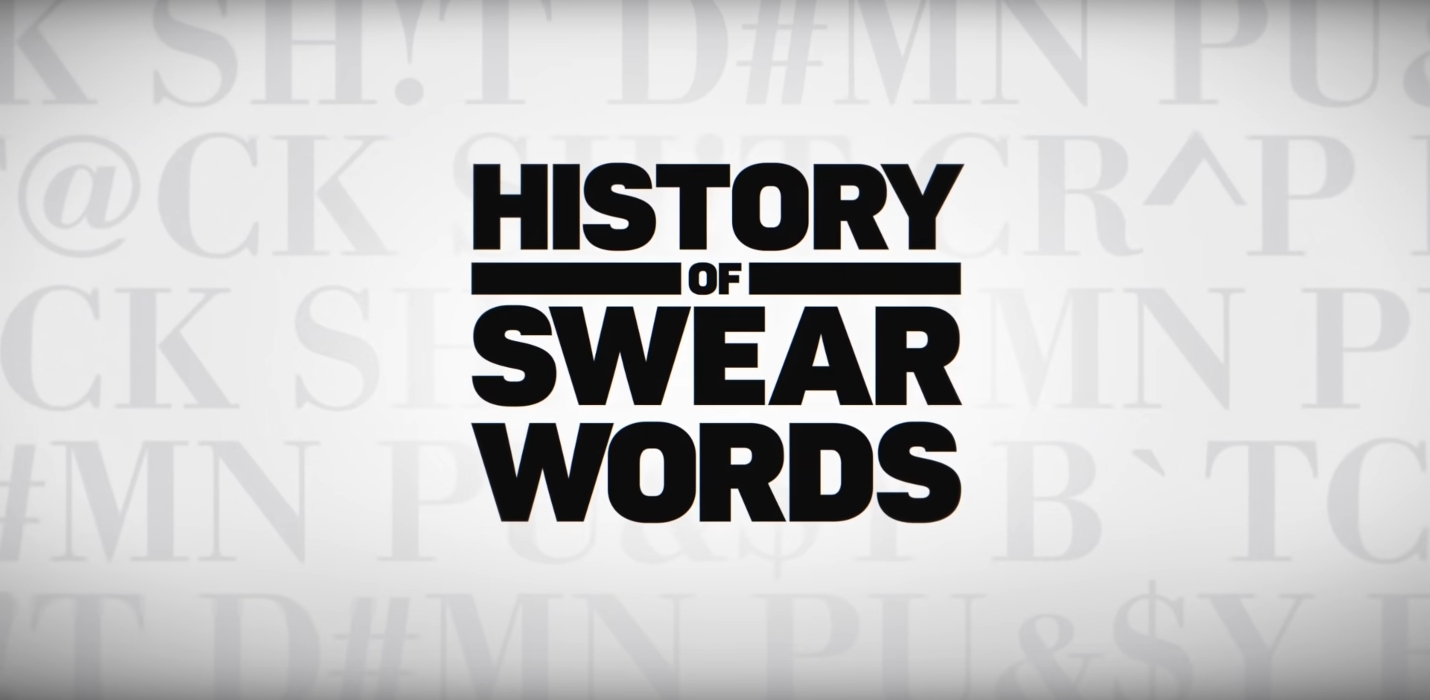
That being said, is there more to Netflix’s latest documentary series than the mere novelty of dirty words in greater frequency? Let’s dive in and see what “The History of Swear Words” has to say about foul language from a historical and sociological perspective.
Every episode of the documentary starts with a grand introduction of the word it’s focusing on such as shit, damn or b**ch. Like clockwork, you’ll see a flurry of comedians and celebrities gleefully explain what these swear words mean to them and how they can be used in creative ways. Only after a prolonged montage of spit-takes and opinions does the documentary begin to launch into the etymology and history behind the words. This approach to try to have these celebrities deliver their opinions while cracking wise is something of a mixed bag.
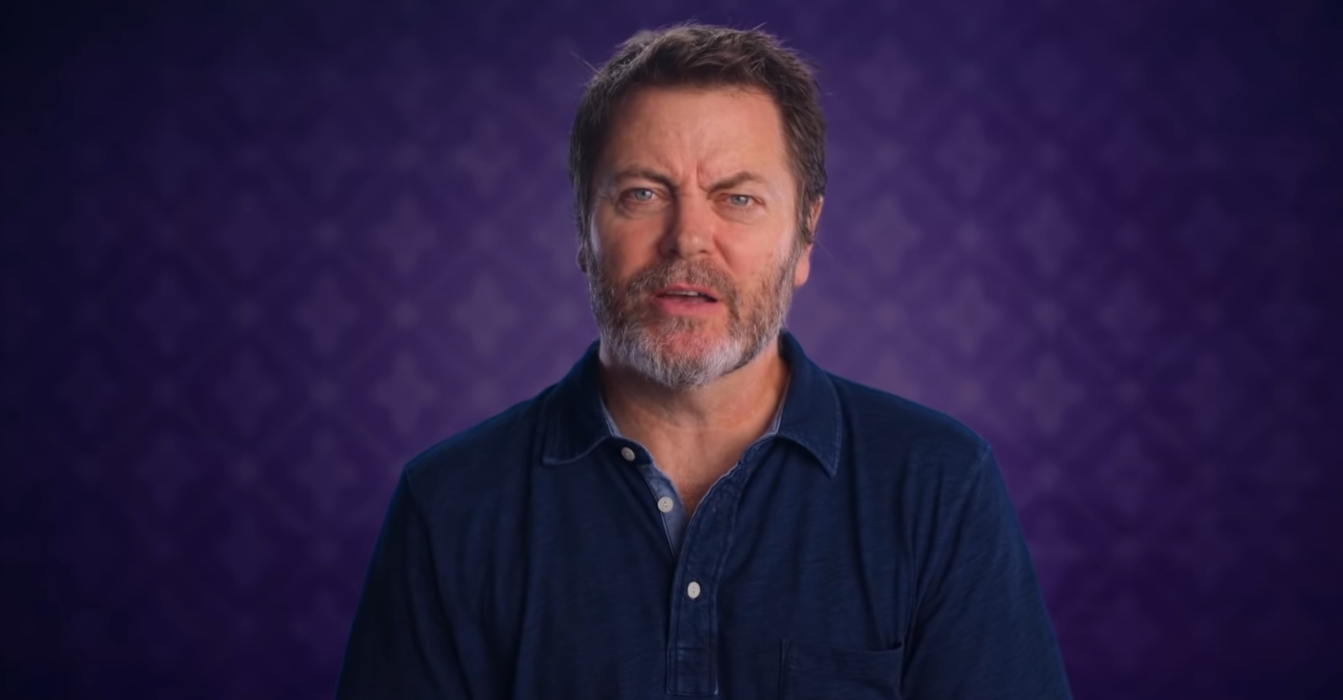
Sometimes, you’ll get some genuinely funny moments with celebrities like Nick Offerman from “Parks and Recreation”, actress Sarah Silverman and comedian Nikki Glaser. Too many an instance, though, the segment before each episode devolves into this flaccid attempt to generate shock value. At the best of moments, it’s mildly amusing. At the worst of times, it feels self-indulgent and painful like watching a stand-up comedian flounder on stage.
The actual history and etymology behind the swear words are where the documentary shines. Believe or not, there are a lot of fascinating effects and applications from swear words. For example, there’s scientific data that points to a high pain threshold for those who swear more frequently.
Swearing can also be used as a way to defuse tension about difficult subjects or put people at ease. We all need a form of catharsis or release to express our emotions and feelings. Just as laughter is seen as a reaction to ambiguity, contradiction or absurdity, the documentary posits that swearing can also serve a similar function.
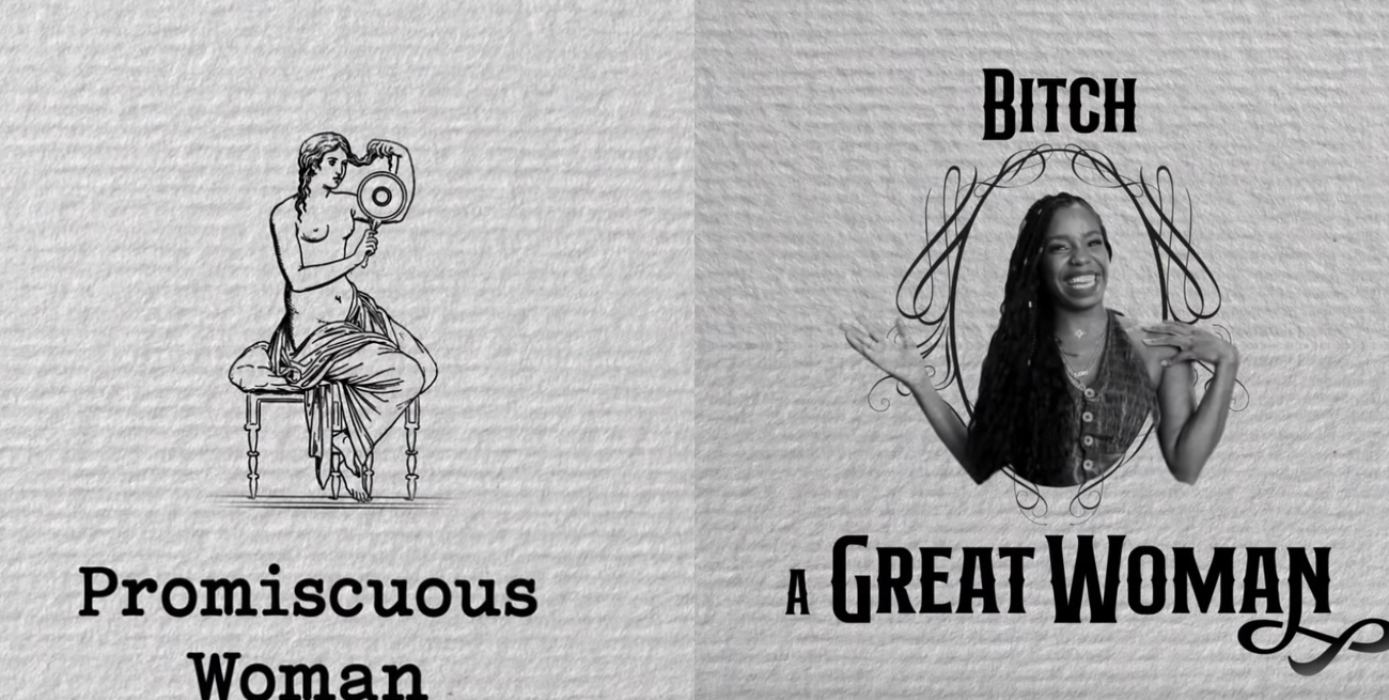
Things get even more interesting when the series addresses gendered swear words like “pu**y”, “d**k” and “b**ch”. Some of these words do have nasty histories behind them. A lot of them were used as a way to emasculate, oppress or equate femininity with weakness. Then suddenly, much like the N-word, victims of these derogatory terms began reclaiming it. So the documentary takes on a political and social aspect that offers a richer context to some of these words we take for granted.
There is certainly a good amount of substance to “The History of Swear Words” and the show would have triumphed…if it wasn’t split into six 20-minute long episodes. The format in itself is deeply problematic. We understand that some swear words require a good deal of time to unpack with context. Unfortunately, no all swear words are created equal and a simple short couple of minutes could adequately explain words like “damn” and “shit”. Therefore, the series resorts to filler clips of films and TV shows using the profanity in different ways. Which frankly feel like lazy substitutes.
Furthermore, a good majority of the documentary’s information regarding the psycho-semantic and sociological aspects of swearing could have been condensed into an hour. This could have easily been a solid documentary special. Due to poor pacing, uninspired padding and a faulty structure, we instead get this drawn out mess. Viewers will have to slog through montage after montage of passable jokes just to mine any value here.
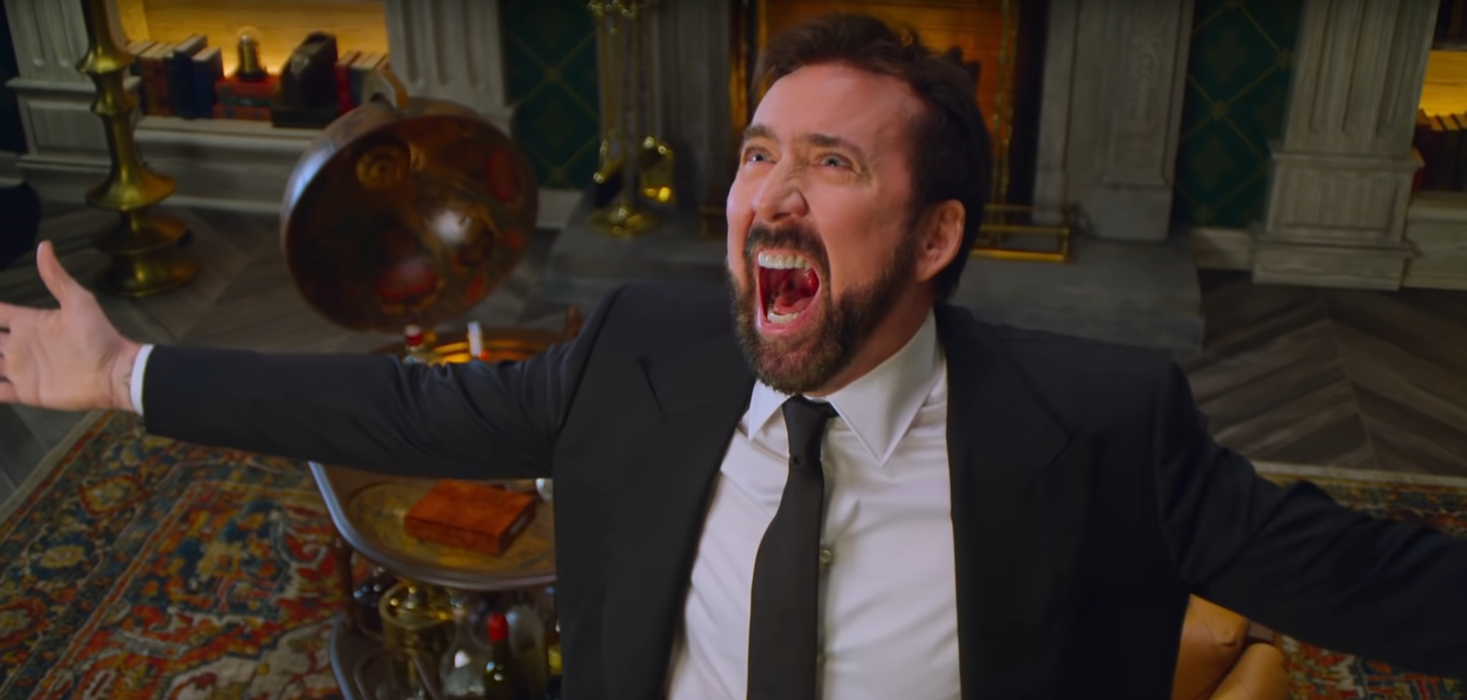
The one redeeming quality here is actor and famed nut-job Nicholas Cage headlining the show. As the documentary’s narrator and host, Cage does an admirable job. Watching him whip from deadpan scholar to over-the-top maniac was worth a few chuckles. It’s worth noting that most of this documentary was unscripted in terms of writing. Which serves as a bit of a double-edged sword. Not everyone here is a comedic improv genius.
Despite Netflix’s “History of Swear Words” having an intriguing premise, far too much of the series is unstructured and self-indulgent. As a comedic series, it’s not very funny or entertaining. As a documentary, you’ll have to power through a mountain of filler to get any real value out of it. In short, it’s not as f**king great as it could have been.

You can now catch “History of Swear Words” on Netflix.
If you’re looking for interesting documentaries that are both deeply engaging and ridiculously fun, we strongly recommend Netflix’s “Tiger King” and “Don’t F**k with Cats”. Now those are some prime examples of reality being far stranger than fiction!
Follow us on Instagram, Facebook or Telegram for more updates and breaking news.


